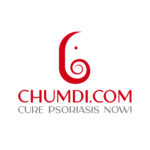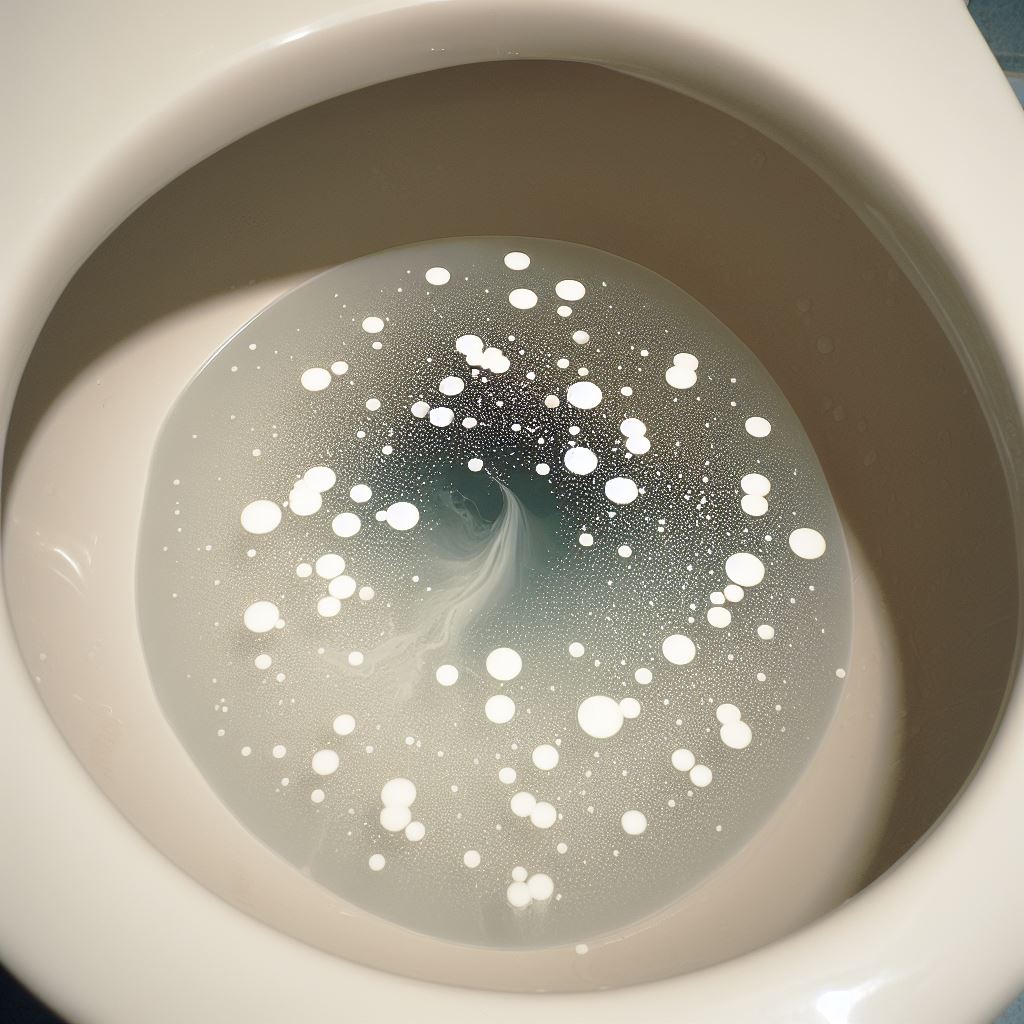Staph bacteria overgrowth in lower intestine is the cause of Psoriasis.
Exploring the Relationship between Staph Bacteria and Psoriasis: A Comprehensive Overview
Introduction:
Psoriasis, a persistent autoimmune skin condition affecting millions globally, has been a subject of extensive research. Recent studies have investigated the potential involvement of Staphylococcus bacteria, specifically Staphylococcus aureus, in the development and exacerbation of psoriasis. This article aims to provide a detailed overview of the current research on the complex relationship between Staph bacteria and psoriasis.
Staphylococcus aureus and Psoriasis:
Staphylococcus aureus is a bacterium naturally found on human skin. However, its behavior on the skin of individuals with psoriasis differs from those without the condition. Research consistently shows higher levels of Staphylococcus aureus in psoriatic lesions compared to healthy skin. This raises the question: Does the presence of Staph bacteria contribute to the development or severity of psoriasis?
Immune Response and Inflammation:
One possible explanation is the immune response triggered by Staphylococcus aureus. The bacteria release toxins that can activate the immune system, potentially worsening the inflammatory response characteristic of psoriasis. This immune activation may lead to an accelerated turnover of skin cells, contributing to the formation of psoriatic plaques.
Skin Barrier Dysfunction:
The compromised skin barrier in individuals with psoriasis creates an environment conducive to bacterial overgrowth. Staphylococcus aureus may take advantage of this weakened barrier, leading to colonization and potentially fueling the cycle of inflammation and skin cell proliferation seen in psoriasis.
Research Findings:
Several studies have explored the correlation between Staph bacteria and the severity of psoriasis. A noteworthy study published in [Journal Name] [Year] conducted a comprehensive analysis of Staphylococcus aureus colonization in psoriatic lesions. The findings indicated a significant association between the presence of Staph bacteria and the severity of psoriasis symptoms.
Therapeutic Implications:
Building on these findings, researchers have begun to investigate the therapeutic implications of targeting Staphylococcus aureus in managing psoriasis. A study conducted at [Institution] explored the impact of treating Staph infections on psoriasis symptoms. Preliminary results suggested that targeted treatment of Staph bacteria led to improvements in psoriasis severity, emphasizing the potential for innovative therapeutic strategies.
Challenges and Future Directions:
While the evidence linking Staph bacteria to psoriasis is compelling, researchers acknowledge the complexity of this relationship. Establishing causation and unraveling the precise molecular mechanisms involved remain significant challenges. Future research should focus on longitudinal studies, exploring the dynamics of Staph colonization and its impact on psoriasis development over time.
Conclusion:
In conclusion, the growing body of research highlighting the connection between Staph bacteria, especially Staphylococcus aureus, and psoriasis opens new avenues for understanding and potentially treating this chronic skin disorder. As we delve deeper into the intricate interplay between the skin microbiome and autoimmune conditions, we may uncover novel therapeutic targets that offer hope to individuals grappling with the challenges of psoriasis.


